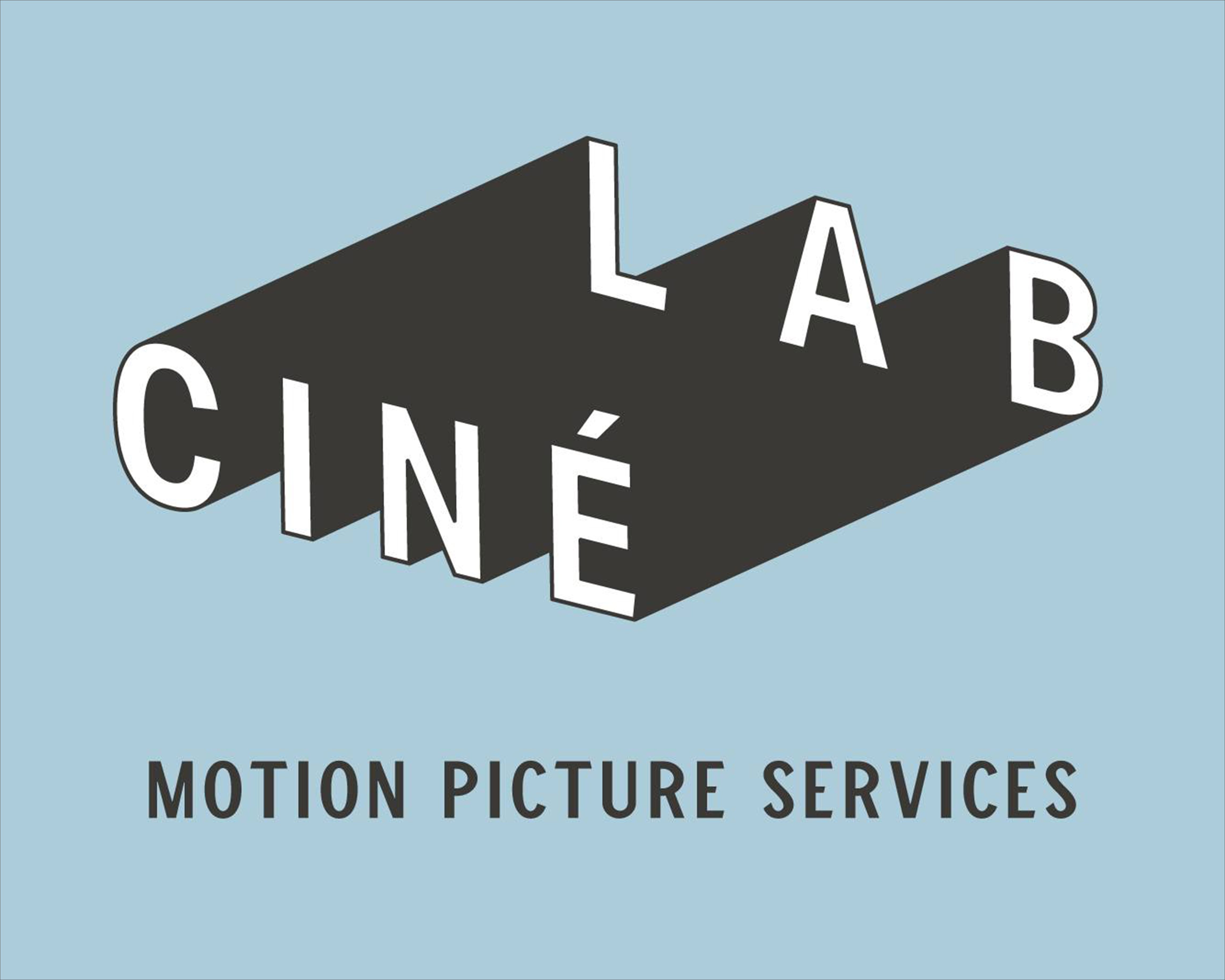Most people who are experts in long-term archiving of moving images recommend film storage over digital storage, but the truth is that doing BOTH is the smartest idea. Besides, if we're talking about money being no object, then shoot on film, scan at full resolution, and store both, plus protection masters, etc. Cover all your bases. Who says you can't have a copy of a film negative that retains all the information of the original? Just scan it at sufficient resolution and then store it digitally PLUS record out b&w separations. Pacific Title has a new set-up to do just that.
As for the eternal film vs. video debate, it really depends on the needs of the project and the style of the production and how the director wants to work... BUT in the most broad sense, right now, I think it basically comes down to the fact that 35mm generally produces better results than current HD cameras can produce. However, there may be advantages to shooting in HD that make it more desirable than 35mm. But if we're mainly talking about photographic beauty, 35mm is generally better. I don't think we are going to see an Oscar for Best Cinematography going to an HD feature for a little while still. Even in the indie world like Sundance, Spirit Awards, etc. cinematography awards tend to go to DV material or 35mm, but rarely HD-shot material. This is because DV demands that it be taken on its own terms, while HD generally aspires to be 35mm-like but often falls a little short.
However, newer HD cameras like the Dalsa, Genesis, Arri-D20, Kinetta, all may bring enough of a technical leap in HD quality to allow it to compete more effectively with 35mm visually, given a good DP is involved with the shooting.
But with current commonly-used HD technology (i.e. the F900 and Varicam) the image falls just short of really being as good as 35mm (I'm speaking in generalizations -- of course one can find crappy 35mm that looks worse compared to great HD). This is one reason why I tell directors that one has to accept HD for what it can deliver and not expect it to be a replacement for 35mm. It may come CLOSE if well-shot, enough to fool a number of people, but you'll be happier if you think of it as the best-looking video format out there, not as if it were a 35mm equivalent.






